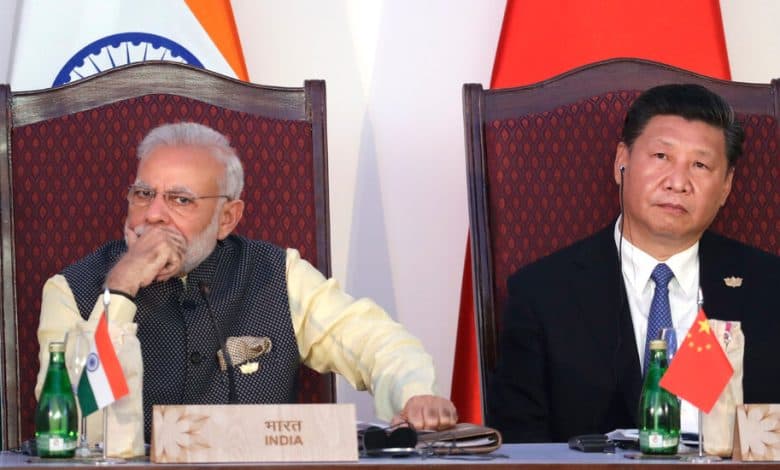China Had a ‘Special Place’ in Modi’s Heart. Now It’s a Thorn in His Side.

Narendra Modi once looked up to China. As a business-friendly Indian state leader, he traveled there repeatedly to attract investment and see how his country could learn from its neighbor’s economic transformation. China, he said, has a “special place in my heart.” Chinese officials cheered on his march to national power as that of “a political star.”
But not long after Mr. Modi became prime minister in 2014, China made clear that the relationship would not be so easy. Just as he was celebrating his 63rd birthday by hosting China’s leader, Xi Jinping — even sitting on a swing with him at a riverside park — hundreds of Chinese troops were intruding on India’s territory in the Himalayas, igniting a weekslong standoff.
A decade later, ties between the world’s two most populous nations are almost completely broken. Continued border incursions flared into a ferocious clash in 2020 that threatened to lead to all-out war. Mr. Modi, a strongman who controls every lever of power in India and has expanded its relations with many other countries, appears uncharacteristically powerless in the face of the rupture with China.
As Mr. Modi seeks a third term in an election that begins on Friday, the tensions weigh heavily on the overarching narrative of his campaign: that he is making India a major global power and, by extension, restoring national pride. Far from the 2,100-mile border, along every avenue where India seeks to expand, China looms as a fierce competitor.
In India’s own backyard in South Asia, China has used its vast resources — the fruits of economic reforms introduced decades before India’s — to challenge Indian pre-eminence, courting partners through infrastructure deals and gaining access to strategic ports.
